The environment has become a focal point issue for the Biden administration. Green energy and moving America towards a zero emissions standard are two of the issues that Biden ran on in 2020, and it’s an issue that he is leaning into again as the 2024 election season ramps up and Biden tries to appeal to the youngest generation of Americans.
Working with the EPA
Among other things, Biden has begun working with the EPA and other green energy companies to make strides towards zero emissions in America over the next thirty years. The historic infrastructure bill that was passed by the Biden administration contained funding to help these matters along, with some of it earmarked specifically for green energy issues.
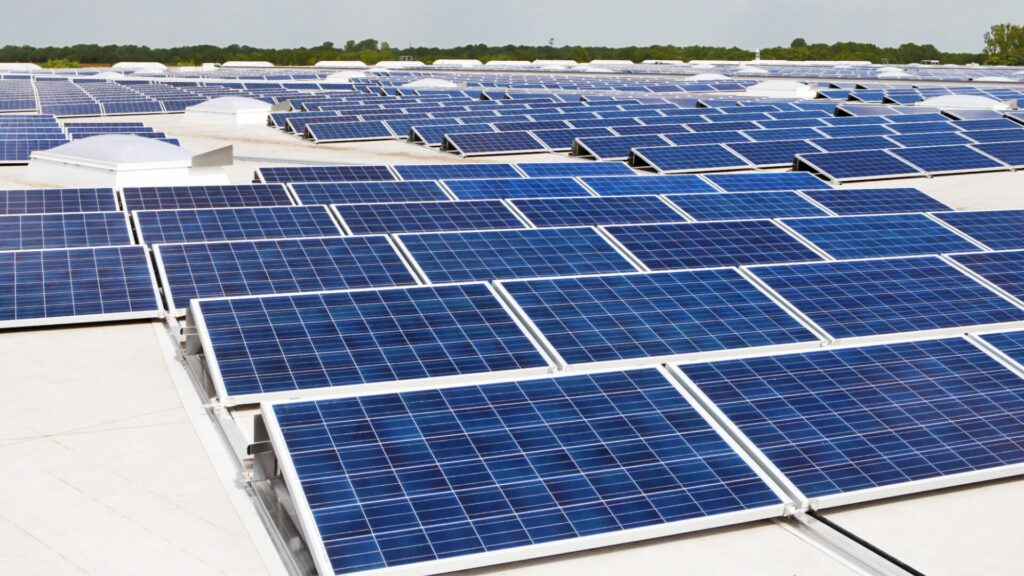
One of these prominent issues in the green energy space surrounds electric vehicles. The Biden administration has set the ambitious goal of having half of all new car sales be electric by 2030, a goal which many experts in the auto industry have said is far too ambitious for current demand.
Demand for Electric Cars
Demand for electric vehicles is slowly ramping up, but the fact of the matter is that viable electric vehicles are still a fairly new technology. Electric cars became a viable market matter only as recently as 2010, and as with all new technologies, there are still bugs to be worked out and expenses to manage.
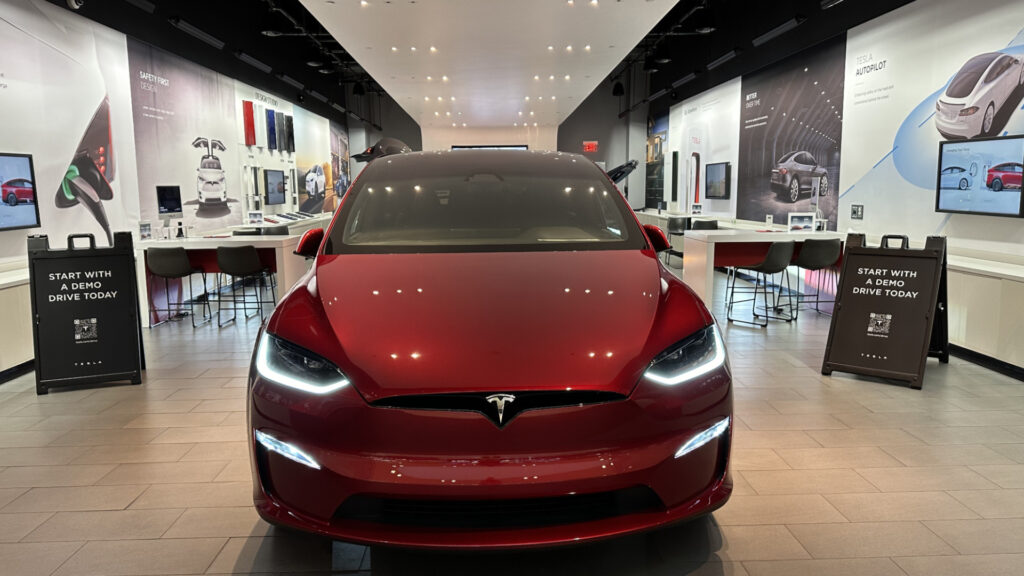
The expense of electric cars and the developing technology are only two of the issues surrounding this particular green energy. The infrastructure required for electric cars is also still new and underdeveloped, though there are efforts being made to change that.
Distribution of Charging Platforms
Specifically, the distribution and viability of electric car charging platforms is an issue that needs to be addressed. While companies like Tesla are making significant strides in the research and development of electric car chargers, there still aren’t enough built for electric vehicles to currently be a viable replacement for internal combustion engine vehicles.
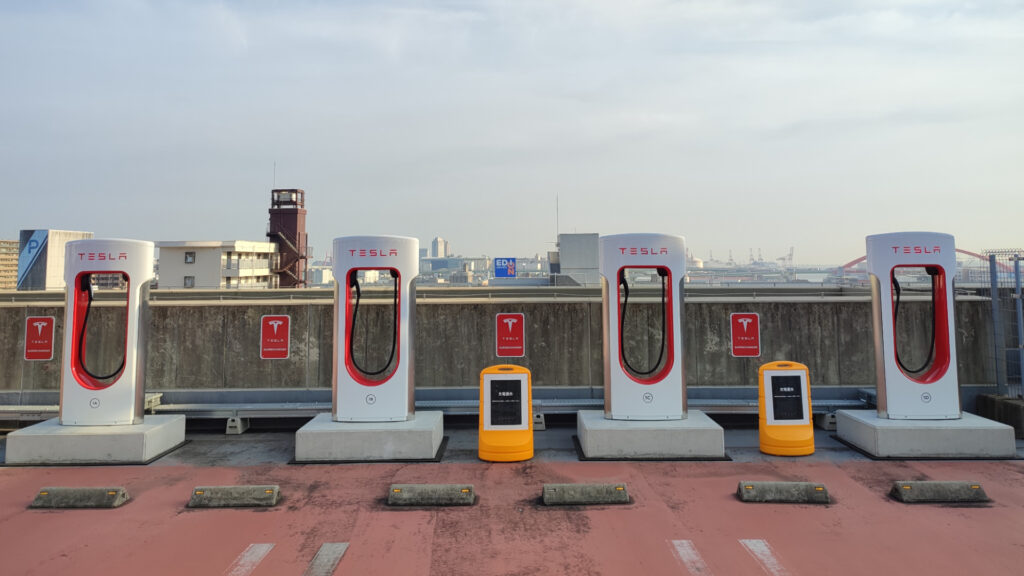
This snag hasn’t stopped Biden and his administration from aggressively pushing for electric cars to become a viable alternative to gasoline vehicles. And it’s understandable; in order to achieve zero emissions in America, addressing the number of gasoline vehicles currently on the road is an important step.
Pushing for Electric Freight Trucks
This push has not only extended to personal passenger vehicles, though. The Biden administration has also been pushing for the trucking industry to move towards electric cars, with the development of electric 18-wheeler cars pushing this rhetoric.
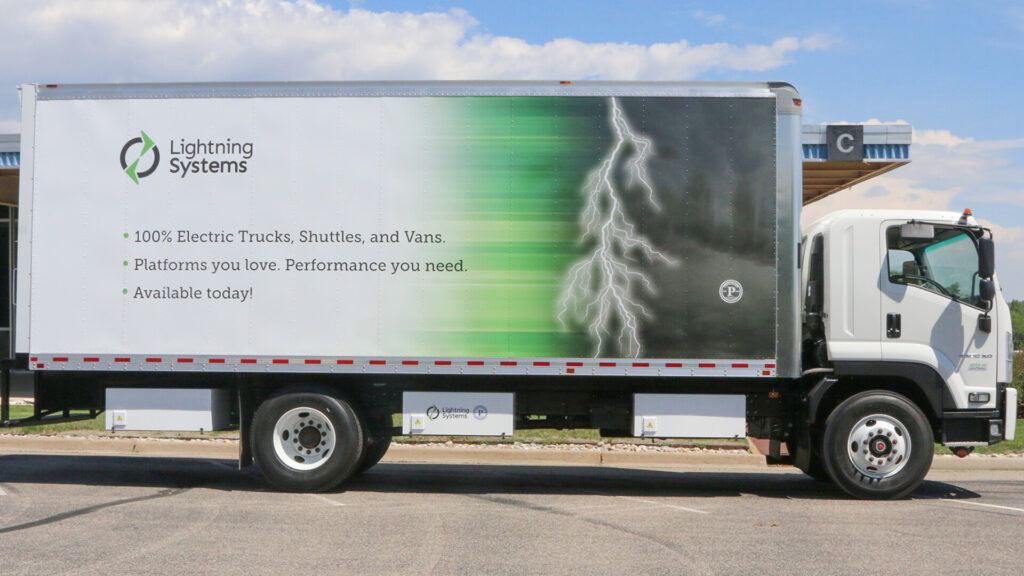
This is a move that has not been popular with the trucking industry, though. Retail in America is significantly affected by truckers and the train industry, and upsetting one or both industries in the move towards green energy and zero emissions is not a smart move for any administration.
Criticizing the Biden Administration
Unfortunately, that seems to be exactly what Biden has done in his push for electric vehicles. Trucking industry representatives have recently begun publicly criticizing the Biden administration for their new greenhouse gas emissions standards for heavy-duty vehicles, including 18 wheelers.
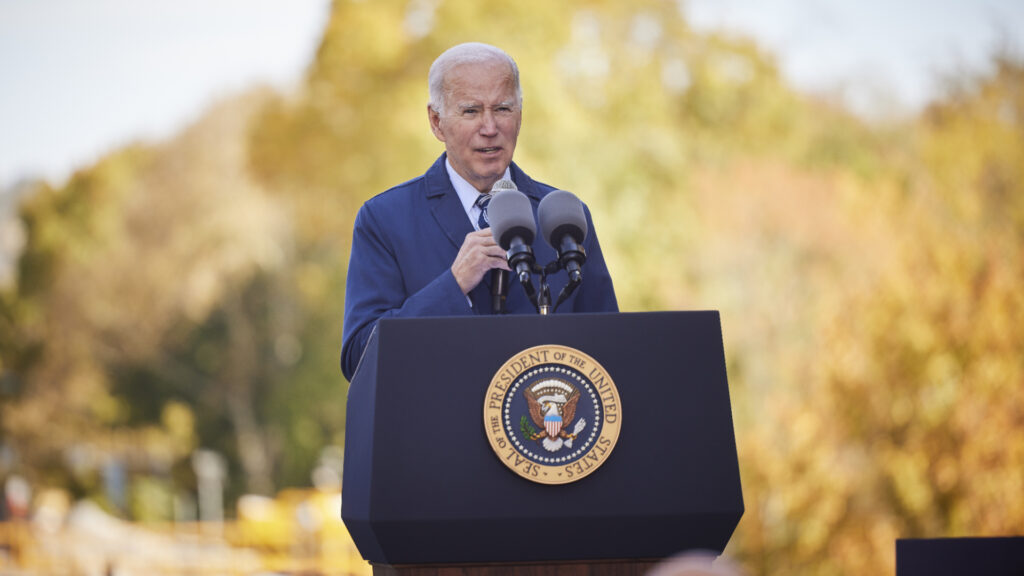
The guidelines, set by the Environmental Protection Agency, progressively mandate higher percentages of zero-emissions trucks through 2032. This is just one of the ways that the EPA is seeking to reduce America’s greenhouse gas emissions.
Standards Ignoring Truckers
The Owner-Operator Independent Drivers association argues that the standards don’t consider the operational challenges faced by truckers, though.

“The office in the White House is completely not listening to the trucker or the end user or the buyer. They just want to do what the extreme environmentalists want,” said Lewie PUgh, a member of the Independent Drivers Association (OOIDA) board.
Lack of Charging Infrastructure
Primarily, the group noted the lack of charging infrastructure as a barrier to entry when it came to implementing electric vehicles in a real way for long-haul truckers. These individuals and cars go through some of the most remote areas of America during the course of their drives, and it would be significantly detrimental if these individuals found themselves stranded due to a lack of charging infrastructure.
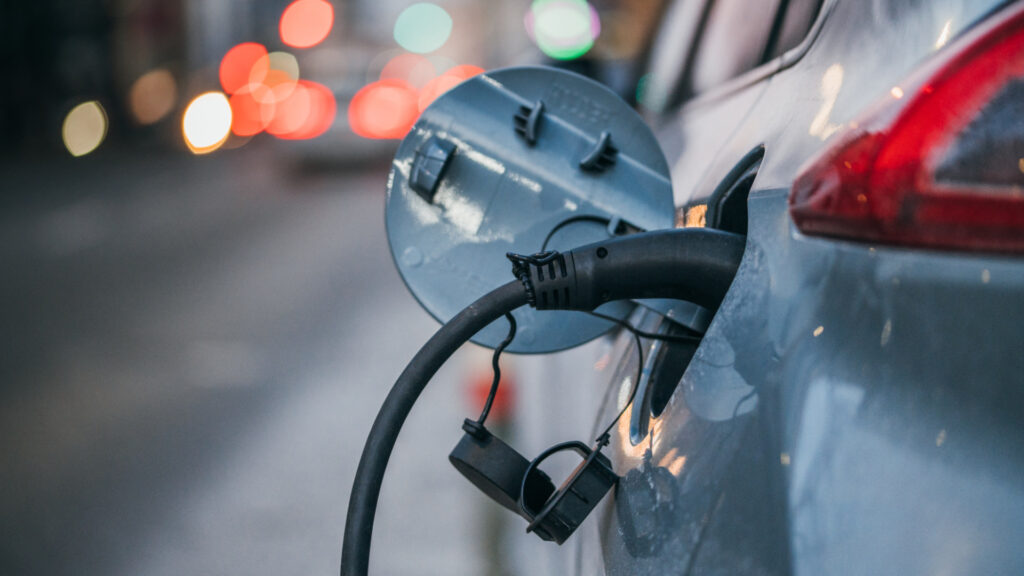
The group also noted the higher costs of these electric vehicles for truckers. Truckers often don’t own the trucks that they are driving, instead leasing them from various trucking companies, and the higher costs of electric vehicles would only make it more difficult for truckers to earn a viable living.
A Question of Funding
Critics of the administration’s new standards questioned where the funding for these electric vehicles was going to come from, or the funding for the infrastructure to go with them. According to these groups, the highway trust fund is already underfunded, and adding electric vehicle demands to the mix would make issues worse.
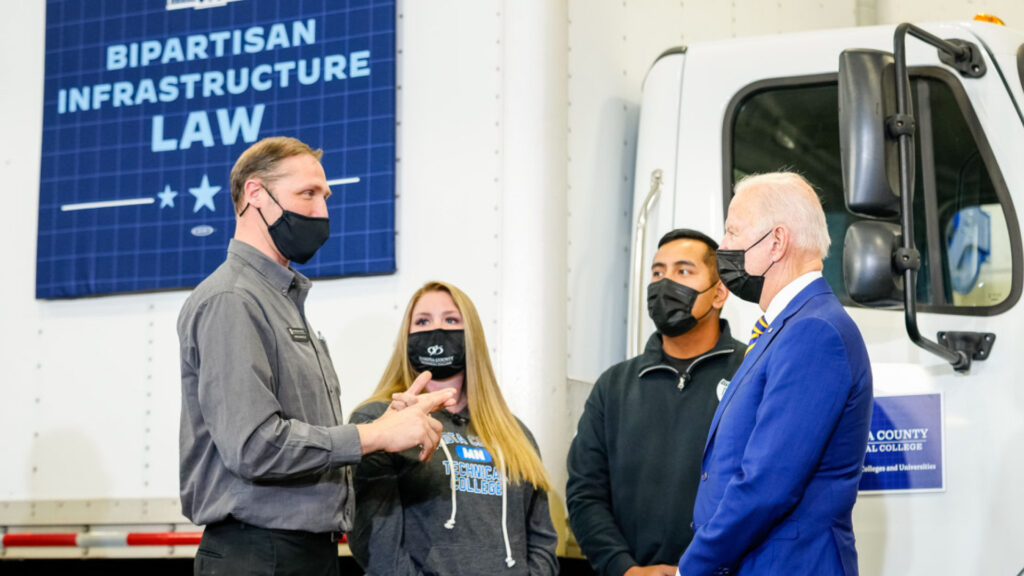
“Where are you going to charge them? That’s my first question,” said Pugh. “There was a company in Juliet, Illinois, that was going to put a terminal in for 30 trucks. The city said, ‘You can’t do it. You’re going to use more electricity than the entire city of Juliet, Illinois.’”
Truckers as Independent Contractors
This is an issue that many truckers have expressed frustration with as the push for electric vehicles has become more and more public. Truckers are independent contractors, small business owners at the heart of it, and many people who work in the trucking industry are already struggling to make a living in this industry that is integral to the functioning of the country.
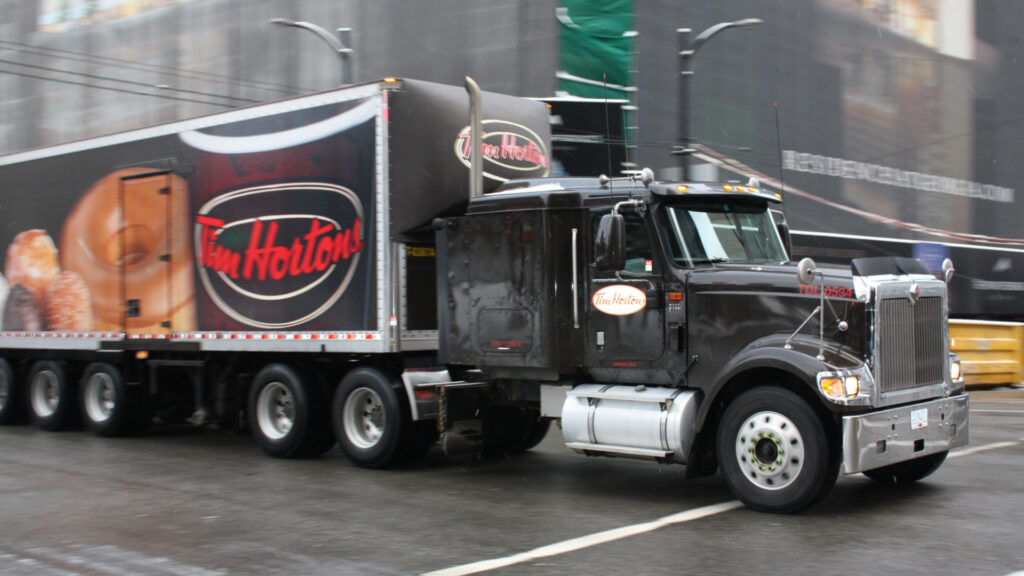
The EPA says that the emissions standards are meant to save the country billions of dollars in climate-related damages. The trucking industry, though, says that the agency didn’t adequate consider the perspectives of truck operators when making these standards, which they say are unrealistic.
Trust Fund Going Bankrupt
“Our highway trust fund that would pay for stuff like this is already on the brink of going bankrupt. Where is the money going to come from?” Pugh asked. “We can’t take care of our infrastructure that we have now, and we’re going to put all this stuff in and then hope it works?”
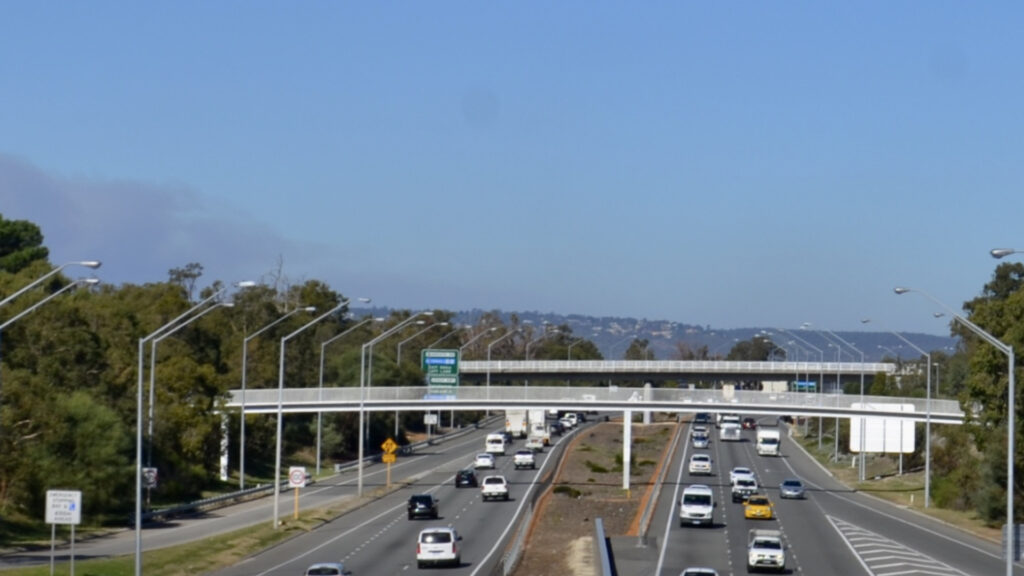
“[We’re] all saying, there’s no way this is going to work. We can’t do it. They’re concerned about their lives and their livelihood. What happens in the wintertime? You get stuck in a snow blizzard along the highway for two or three days and your battery goes, these people could freeze to death and die.”
Concerns About Weight
The concern about extreme weather, and the concerns about infrastructure are not the only problems that have been raised. Other concerns that have been raised by the trucking industry regarding electric vehicles are a little more general, and affect more people as a whole.

One major concern that has been raised regards the weight of electric vehicles. Electric 18-wheelers, due to the weight of the battery required to operate these vehicles, are significantly heavier than internal combustion vehicles of the same size. This additional weight on the road would, in the long term, cause significantly more use damage, and would require more upkeep on the part of the federal government.
A Question of the Batteries
And the question of the batteries to run the vehicles has been raised as well. Electric car batteries require significant amounts of minerals such as lithium that are in short supply, and not available locally. Sourcing more of these minerals to build these batteries would be an endeavor all on its own.
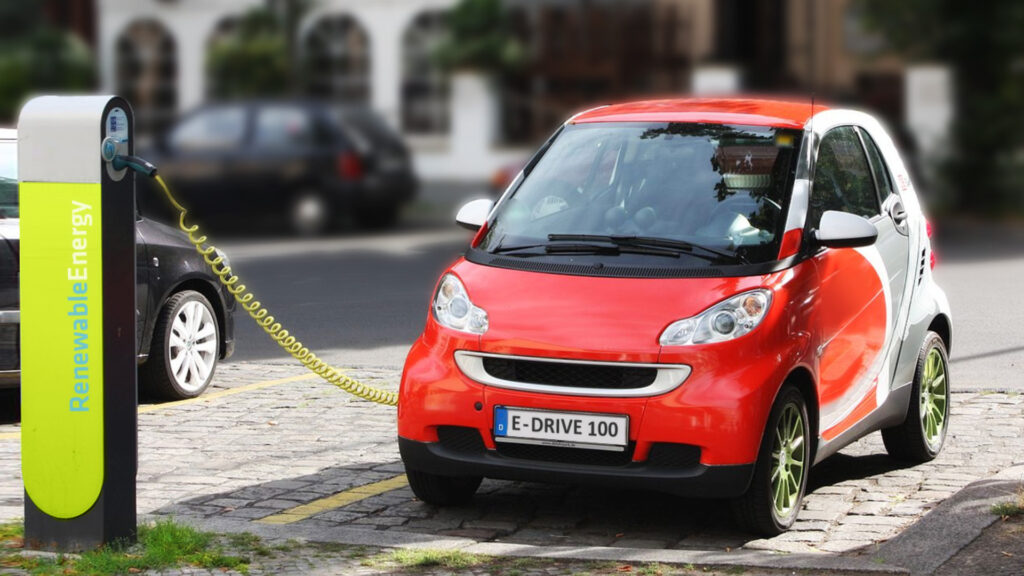
And at the end of the day, it’s also a question of public sentiment. While the desire for electric vehicles has been increasing in the last ten years, it’s still far from the most popular option when it comes to new cars. Many experts believe that the administration has put the cart before the horse when it comes to electric vehicles, and are now trying to catch up to their overly-ambitious goals.
Industrial Growing Pains
Electric cars are still a relatively new industry. While the concerns that have been raised by the trucking industry are valid, it’s also a fact that the United States needs to take aggressive action in order to curb carbon emissions going forward.
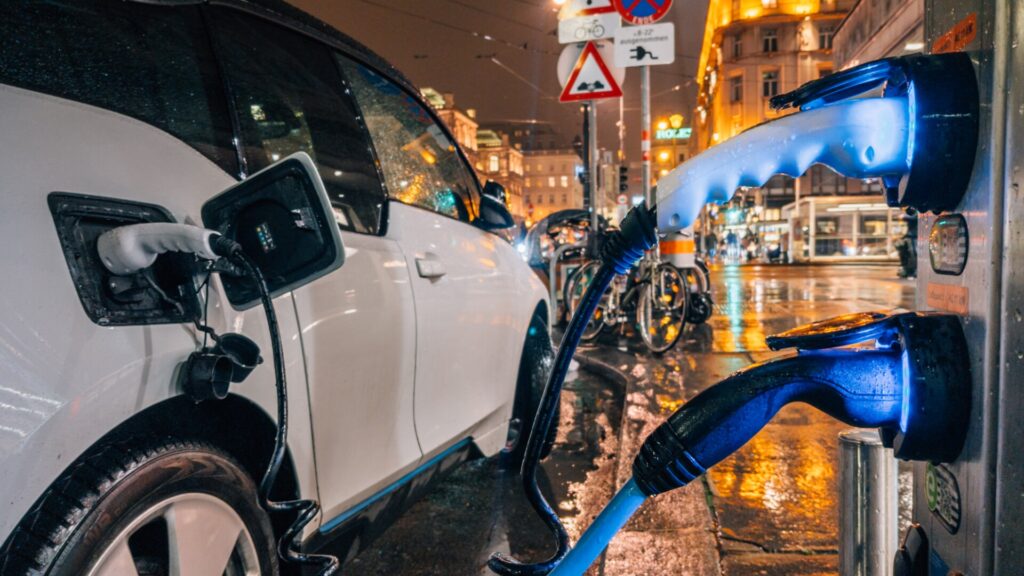
New developments will help to mitigate some of the problems that have been raised around electric cars, not only by truckers but by consumers as a whole. Funding the infrastructure necessary was the first step, and the Biden administration will need to dedicate significantly more money in order to make the goal of zero emissions in America a reality.






GIPHY App Key not set. Please check settings